Introduction
Balancing a full-time job with UPPCS preparation can feel overwhelming. Many aspirants believe that only full-time students have an advantage, but this is not entirely true. With the right strategy, working professionals can also clear UPPCS with flying colors. In fact, a disciplined schedule and consistent study habits often make working aspirants more focused than full-time students.
This guide will explain time management tips, daily study routines, resource selection, and preparation hacks specifically designed for job holders.
When you are working, your biggest limitations are:
But you also have strengths:
Weekdays Routine (3–4 hours)
Weekends Routine (7–8 hours per day):
Working professionals must avoid too many books or materials. Stick to standard sources:
For Optional Subject → Choose the one you are most comfortable with and has overlap with GS.
If you reach the interview stage, your job experience actually helps. Many questions will be asked about your work, responsibilities, and problem-solving approach. This gives you an edge compared to fresh graduates.
Stay consistent – even 3 hours daily adds up to 90+ hours per month.
Use office breaks smartly (read current affairs notes instead of scrolling social media).
Avoid comparing with full-time aspirants.
Take at least 1–2 full-length tests every month.
Use long holidays for revision marathons.
Treat weekends as your mock exam days.
Join a test series (online mode is best for job holders).
Solve previous year papers every weekend.
Revise at least 3 times before exam.
Maintain subject-wise short notes for last-minute revision.
Use the Pomodoro Technique (25 min study + 5 min break).
Focus more on UP-specific schemes, budget, and state issues.
Make short digital notes for revision.
Rely on monthly current affairs compilations.
Read newspaper 30–40 minutes max.
Current Affairs: 1 Newspaper + Monthly compilation + UP-specific magazines.
Environment: NCERT + Monthly magazines.
Economy: NCERT + Ramesh Singh + Economic Survey (Summary).
Geography: NCERTs + Atlas.
History: NCERTs + Spectrum.
Polity: Laxmikanth + Current Affairs.
Write at least 1-2 Mains answers.
Revise weekly current affairs.
Attempt mock tests.
Cover optional subject.
Evening/Night (1.5 to 2 hours): Revise, make notes, and practice MCQs.
Commute Time (if possible): Listen to audio lectures, news analysis, or current affairs podcasts.
Morning (Before Job – 1.5 to 2 hours): Study difficult subjects (Polity, Economy, History).
Practical experience, which helps in interview.
Better time discipline.
Financial stability.
Irregular schedule due to office workload.
Job-related stress and fatigue.
Less time for study.

Lakshya IAS
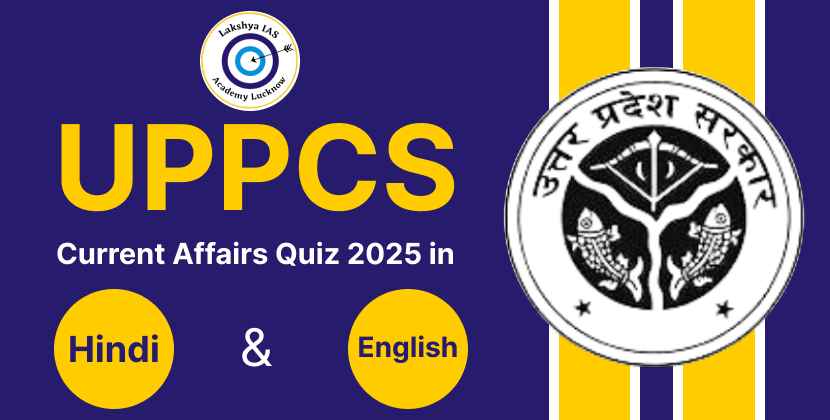
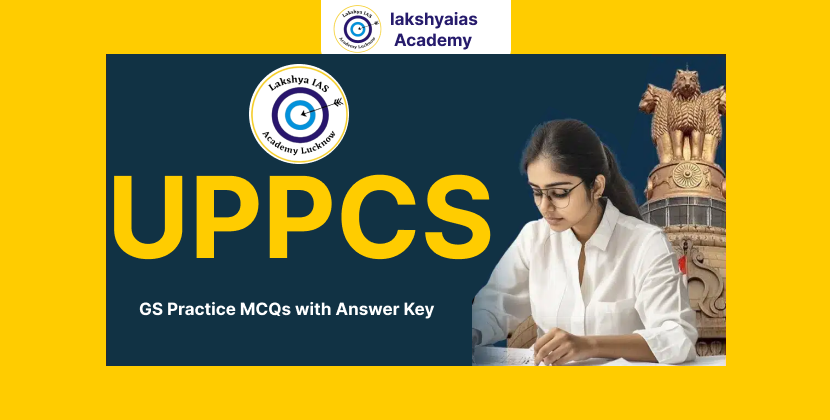
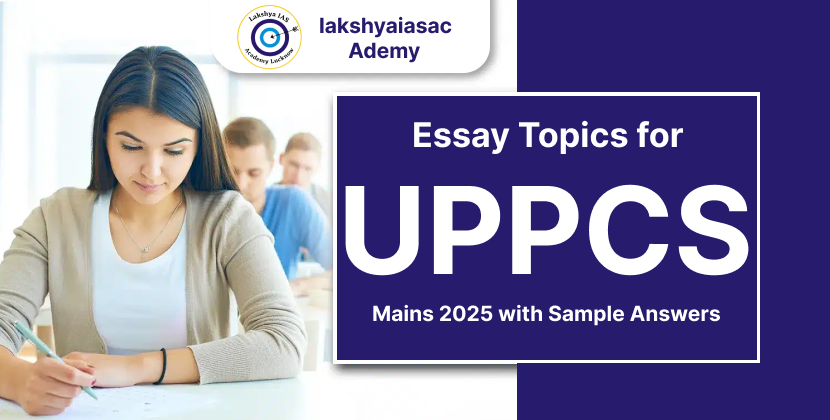
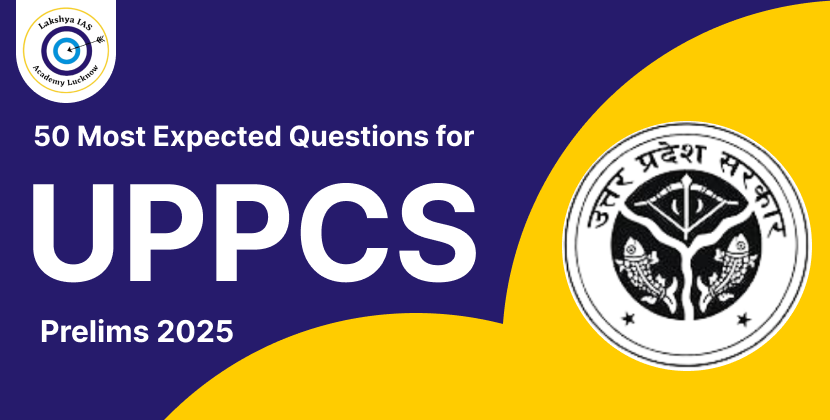
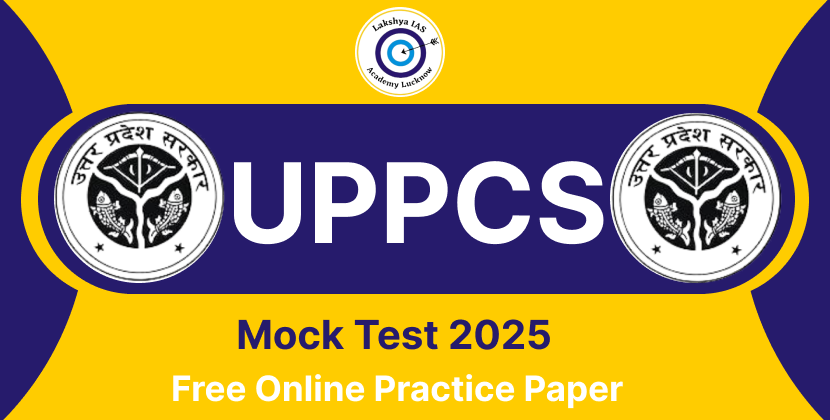
.png)
.png)
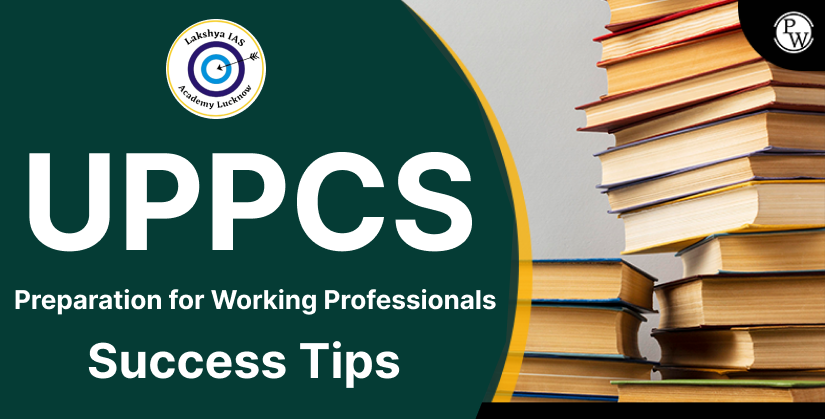
.png)
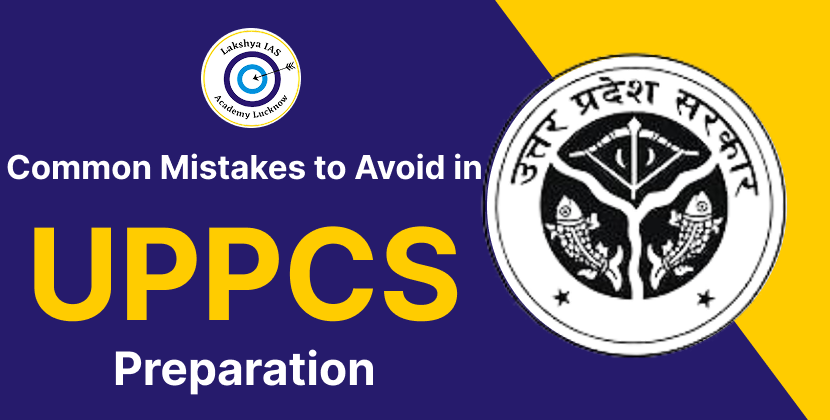
Leave a Comment